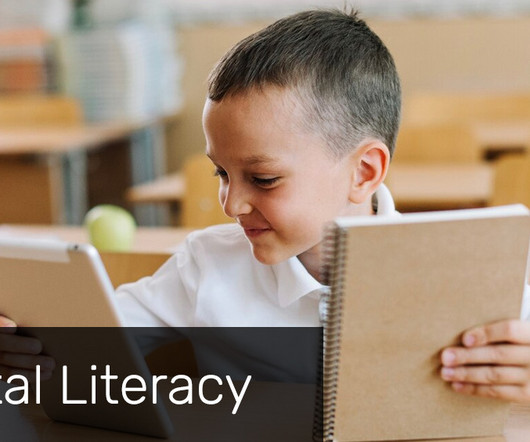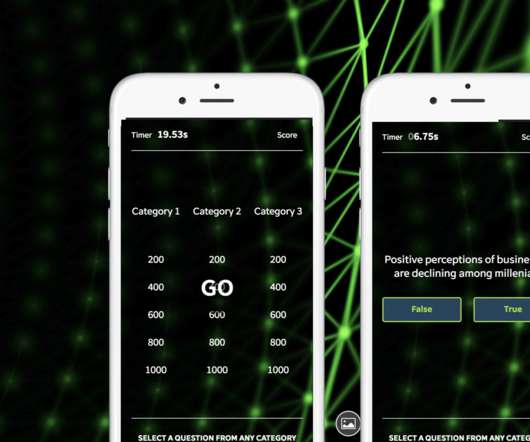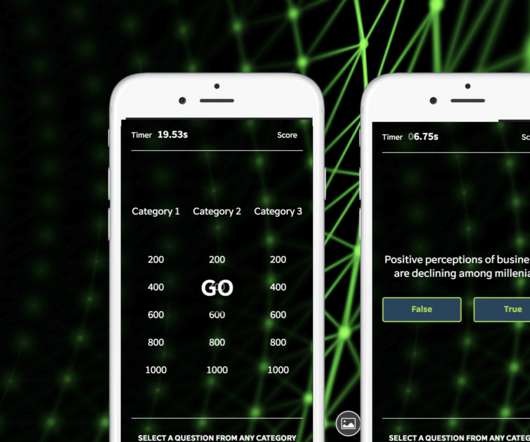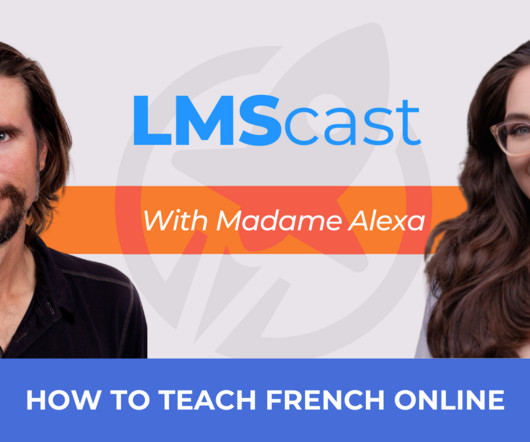Digital Literacy in the Age of Information: Ensuring Credible Content
Kitaboo
DECEMBER 18, 2023
If you’re an educator grappling with poor academic records of your wards, try to revamp your pedagogy by leveraging the prowess of innovative learning solutions that are up for grabs. Thus, we can carefully navigate through the social networking channels that are bound to make a difference.






























Let's personalize your content